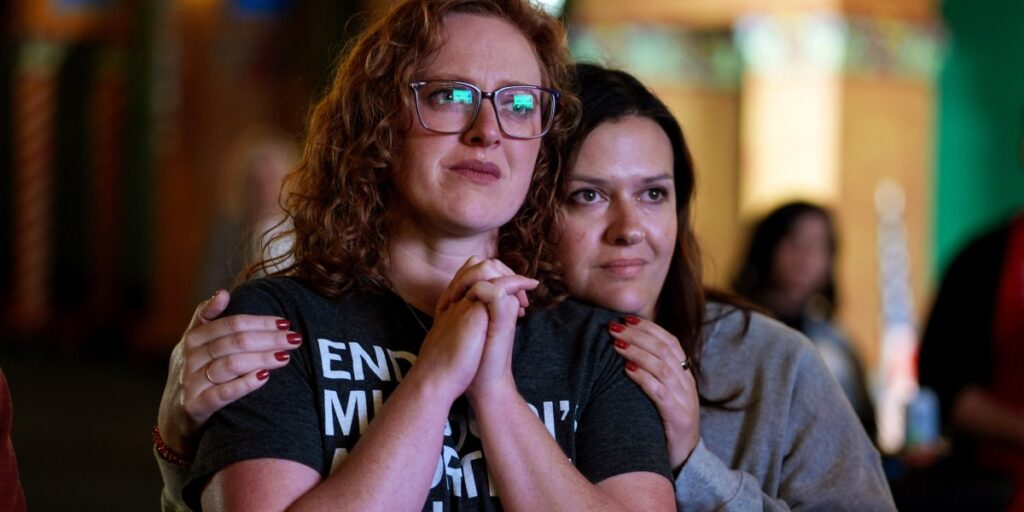Two years ago, the US Supreme Court overturned Roe v. Wade, a legal decision that protected the right to abortion. Since then, abortion bans have been enacted in multiple states, and millions of people in the US have lost access to local clinics.
Now, some states are voting to extend and protect access to abortion. This week, seven states voted in support of such measures. And voters in Missouri, a state that has long restricted access, have voted to overturn its ban.
It’s not all good news for proponents of reproductive rights—some states voted against abortion access. And questions remain over the impact of a second term under former president Donald Trump, who is set to return to the post in January.
Roe v. Wade, the legal decision that enshrined a constitutional right to abortion in the US in 1973, guaranteed the right to an abortion up to the point of fetal viability, which is generally considered to be around 24 weeks of pregnancy. It was overturned by the US Supreme Court in the summer of 2022.
Within 100 days of the decision, 13 states had enacted total bans on abortion from the moment of conception. Clinics in these states could no longer offer abortions. Other states also restricted abortion access. In that 100-day period, 66 of the 79 clinics across 15 states stopped offering abortion services, and 26 closed completely, according to research by the Guttmacher Institute.
The political backlash to the decision was intense. This week, abortion was on the ballot in 10 states: Arizona, Colorado, Florida, Maryland, Missouri, Montana, Nebraska, Nevada, New York, and South Dakota. And seven of them voted in support of abortion access.
The impact of these votes will vary by state. Abortion was already legal in Maryland, for example. But the new measures should make it more difficult for lawmakers to restrict reproductive rights in the future. In Arizona, abortions after 15 weeks had been banned since 2022. There, voters approved an amendment to the state constitution that will guarantee access to abortion until fetal viability.
Missouri was the first state to enact an abortion ban once Roe v. Wade was overturned. The state’s current Right to Life of the Unborn Child Act prohibits doctors from performing abortions unless there is a medical emergency. It has no exceptions for rape or incest. This week, the state voted to overturn that ban and protect access to abortion up to fetal viability.


